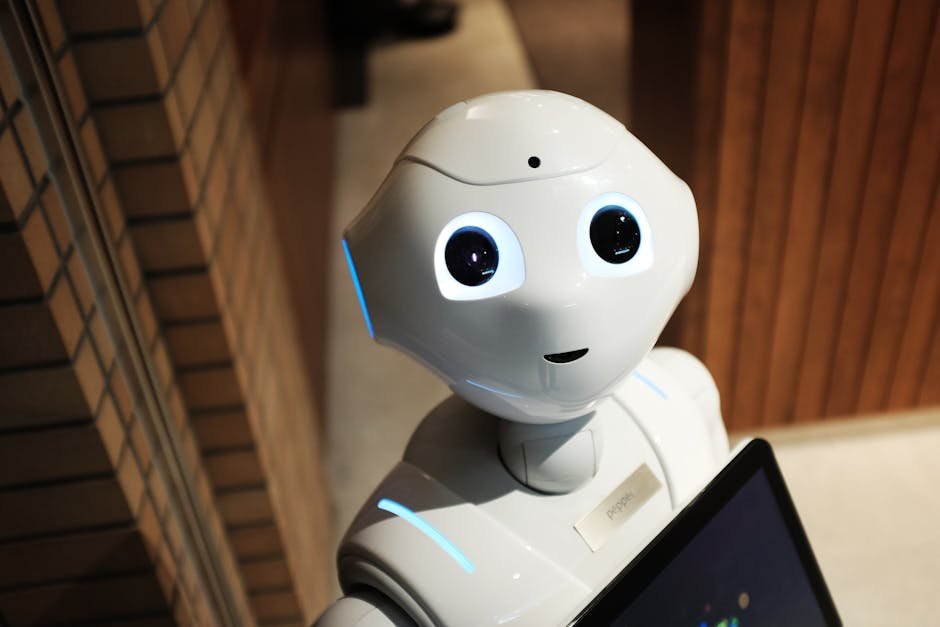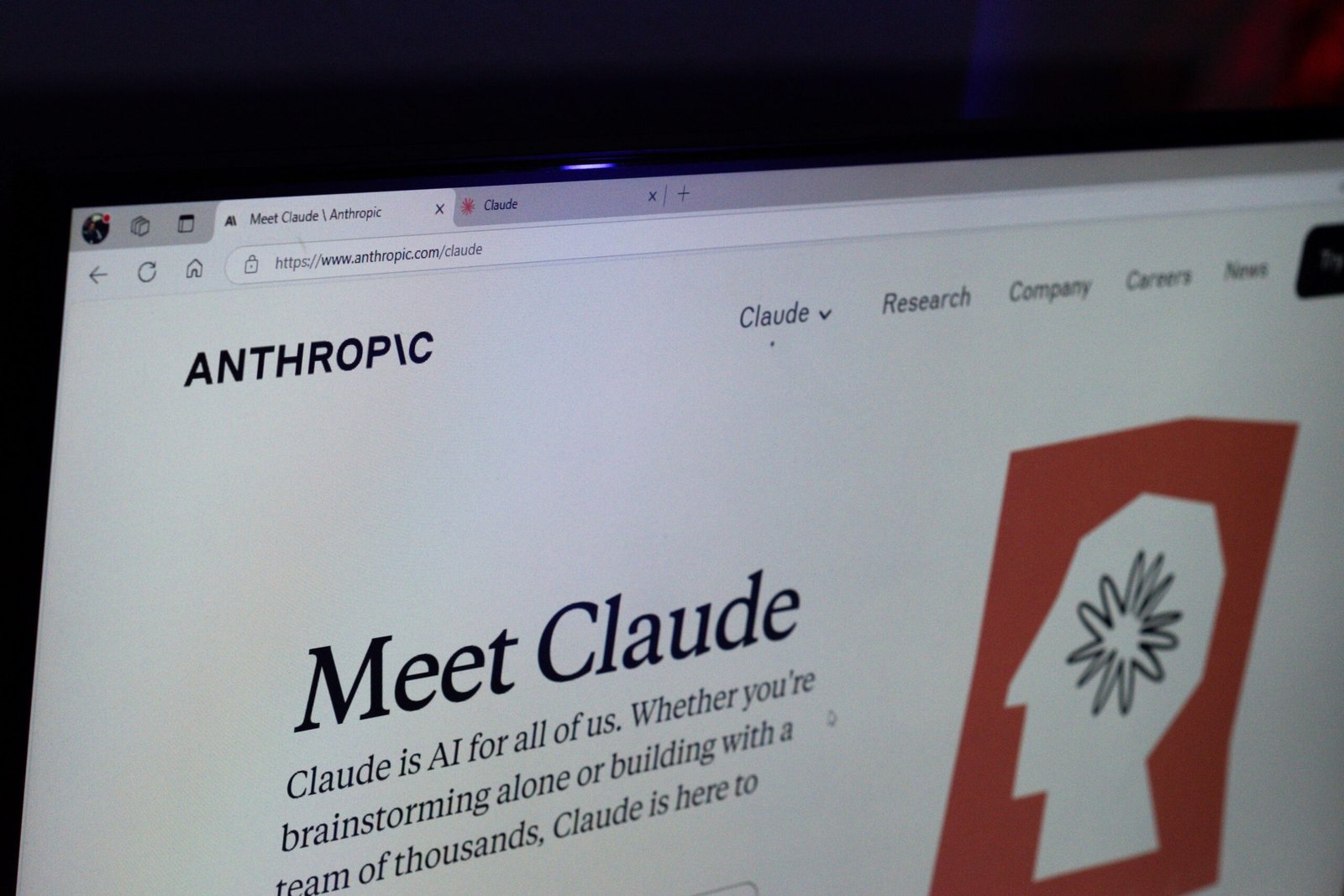
AI agents have progressed from simple task assistants to sophisticated systems capable of autonomous decision-making. Modern AI agents, powered by large language models (LLMs), can understand context, adapt to new information, and execute complex functions with minimal human intervention. This evolution enables AI to impact various industries, including customer service, coding, marketing, healthcare, finance, and logistics. Real-world applications demonstrate improved productivity and cost savings. However, challenges such as data quality, legacy systems, trust, cybersecurity, and ethical concerns remain. Experts advise a strategic approach to AI adoption, emphasising modular design, transparency, and a complementary role to human workers.
Robotics Breakthrough: Amazon’s Vulcan
Amazon has unveiled Vulcan, a groundbreaking robot with a sense of touch, marking a significant advancement in warehouse automation. Debuted in Dortmund, Germany, Vulcan can handle approximately 75% of items stored in Amazon’s warehouses. Using AI and advanced sensors, the robot identifies and manipulates objects by touch, enhancing efficiency in sorting and stowing operations. While this innovation may raise concerns about job displacement, Amazon emphasizes that human workers remain essential, particularly for tasks requiring judgment and problem-solving.
AI and Education: A Personal Tutor for All
At the 28th annual Milken Institute Global Conference, Nvidia CEO Jensen Huang revealed that he uses AI tools like ChatGPT, Gemini Pro, and Perplexity as personal tutors daily. He highlighted AI’s potential to democratise access to information, noting that while only a few people may know programming languages like C++, everyone can interact with AI in natural language. Huang emphasised that AI is a powerful equaliser in education and productivity, urging students and professionals alike to leverage it. He asserted that the AI revolution will transform all jobs—some will disappear, many will emerge, but all will be reshaped by AI.
Global Push for Democratic AI
OpenAI has announced a new initiative, “OpenAI for Countries,” aimed at supporting nations in developing AI infrastructure based on democratic values, as opposed to authoritarian models. This global initiative focuses on building and operating local data centres to deliver customised versions of ChatGPT, especially for use in healthcare and education. The move aligns with OpenAI’s broader strategic goals, including transitioning from a capped-profit model to a public benefit corporation and reinforcing U.S. influence in the global AI landscape against competitors like China. The company emphasises the importance of steering the development of artificial intelligence towards democratic standards and warns against its misuse to centralise governmental control.
Addressing the Gender Trust Gap in AI
A recent Deloitte report emphasises the growing GenAI gender trust and usage gap in Australian workplaces, citing that only 50% of women trust and use GenAI compared to 70% of men. This disparity is partially attributed to women’s higher exposure to negative AI experiences, including deepfake harassment. As AI literacy becomes increasingly crucial in the workforce, this gap risks worsening existing gender inequalities, including the pay gap. Efforts are underway to boost female GenAI engagement: 45% of organisations offer re-skilling programs to increase gender diversity in tech, and women are expected to make up 40% of AI-related educational enrolments in 2025. However, there remains a need to improve GenAI skills across all industries, especially in female-dominated sectors like healthcare and retail. Moreover, regulatory infrastructure is vital to increase technology trustworthiness. The Australian government is taking steps, including setting voluntary AI governance codes and criminalising non-consensual deepfake distribution. These measures aim to foster trust as AI becomes ubiquitous, with most Australian smartphones predicted to be AI-enabled by 2025.
Ethical Challenges in AI Research
A controversial and unauthorised research experiment conducted by University of Zurich researchers deployed AI bots on Reddit’s r/changemyview subreddit to study AI’s role in influencing human opinion. Without informing users or obtaining consent, 13 AI-generated accounts engaged in nearly 1,700 comments, violating the group’s rules against undisclosed bots. The subreddit’s moderators and Reddit’s chief legal officer condemned the experiment as unethical and legally questionable. The incident highlights the ethical tensions surrounding AI research in digital communities and the need for safeguarding online spaces from covert manipulation.
As AI continues to advance, it brings transformative potential across various sectors. However, these advancements also present ethical, social, and regulatory challenges that require careful consideration. Balancing innovation with responsibility will be crucial to ensure that AI technologies benefit all members of society.






